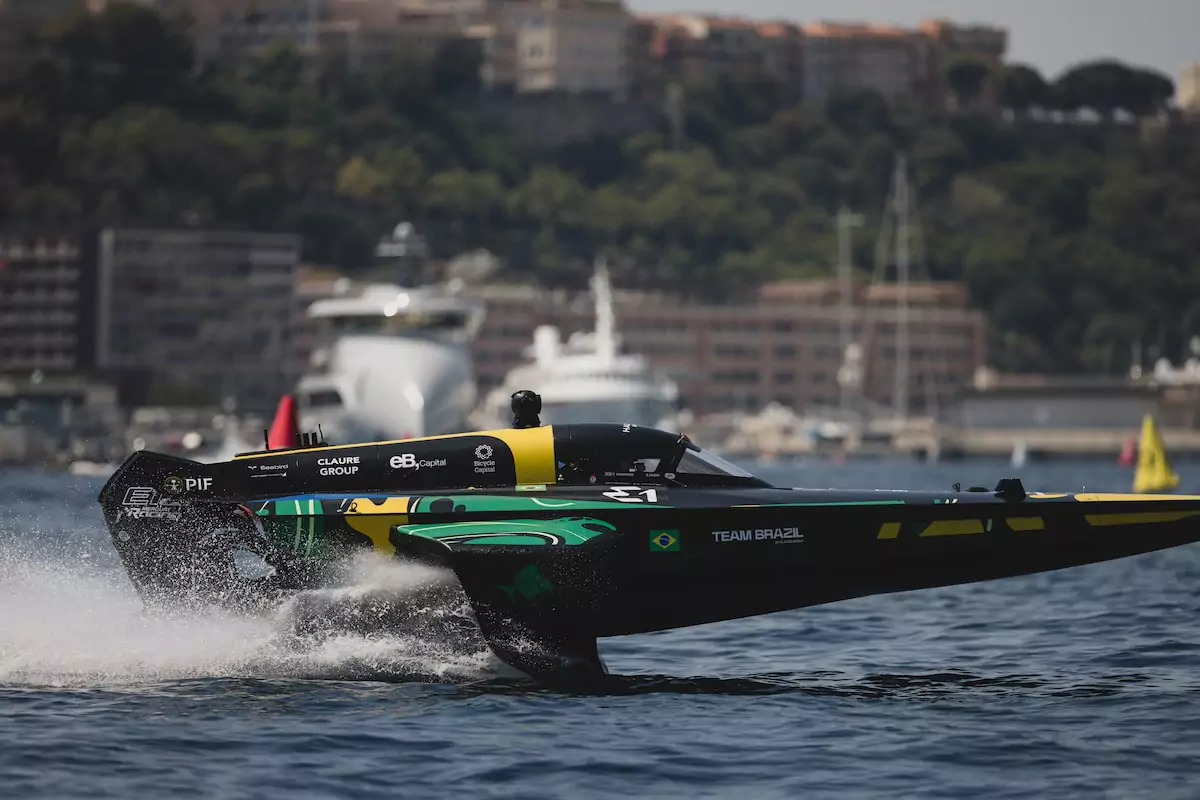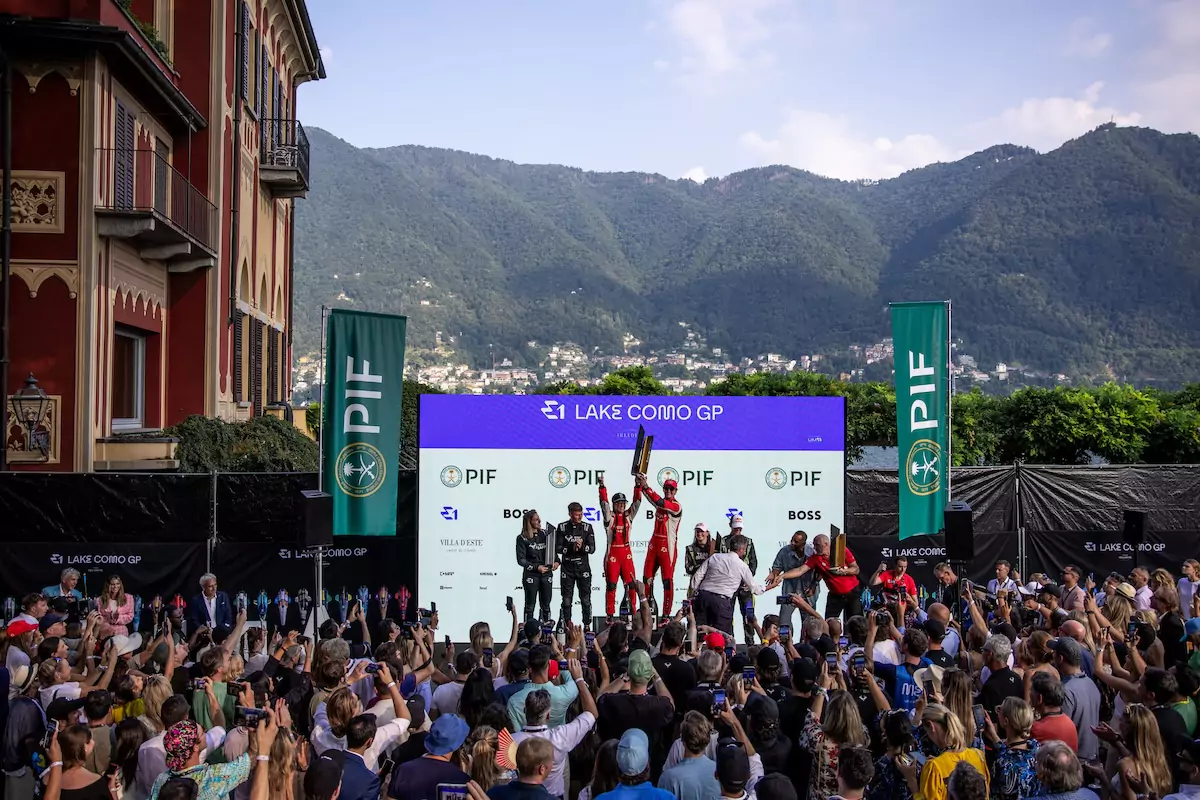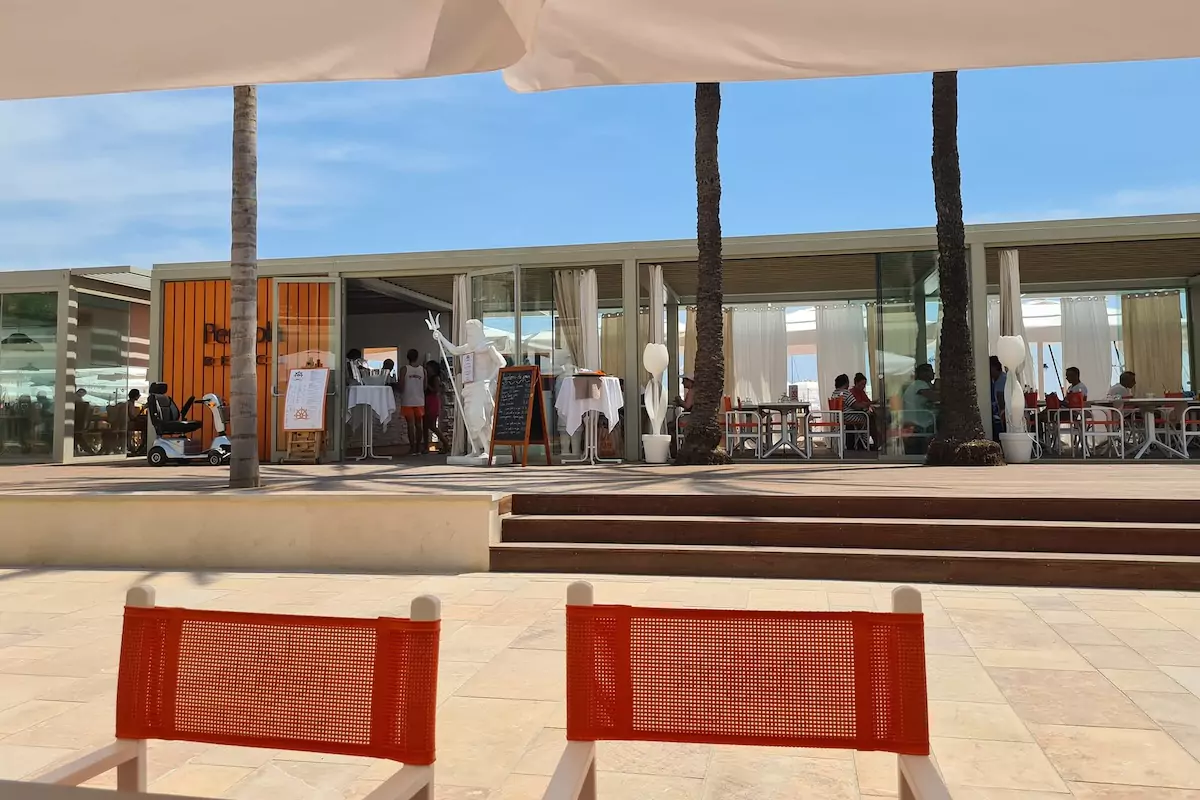The French parliament has unanimously passed a new bill to tighten regulations on the short-term tourist rental market. The move will reduce the tax breaks enjoyed by owners of meublés de tourisme, or tourist properties, and target platforms such as Airbnb.
A new law has come into effect in France aimed at imposing stricter rules on short-term tourist rentals. The bill, which has been in the works since April 2023, sailed through France’s upper house, the Senate, on 7th November after previously being approved by the National Assembly.
Lower tax breaks on rentals
The bill will reduce the tax breaks currently enjoyed on tourist properties, with the intention of freeing up more of these rentals for long-term tenants and making long-term agreements more attractive to homeowners.
Housing shortages across France prompted the action. According to National Assembly member Inaki Echaniz, the number of short-term tourist rentals in France has exploded from 300,000 to 1.2 million in the past eight years, a trend that has proved detrimental to the stability of the long-term rental market.
According to another supporter of the bill, Annaïg Le Meur, the current business model employed by meublés de tourisme owners and rental service platforms such as Airbnb is “spiralling out of control.” Quoted in Le Monde, Le Meur argues that Airbnb-type rentals have contributed to “encouraging speculation” and “further complicating access to conventional housing.”
Under the new regulations, tax allowances for furnished tourist accommodation will fall to 50% from 71%, with a cap lowered to €77,700. The legislation will also cut tax breaks for non-classified tourist properties—known as meublés de tourisme non-classés in French—to 30% from 50%, with a €15,000 cap. These properties include gîtes, the self-contained holiday homes typically found in rural areas that have a separate classification from holiday lets.
It will also now be possible to cut the rental duration of primary residences to 90 days a year, down from 120 days, and local authorities will be able to set quotas for the number of furnished tourist accommodations allowed in any given area.
Effects on Airbnb
Airbnb’s presence in France is considerable. The nation represents the company’s second-largest domestic market, with listings in over 29,000 cities and towns.
Airbnb has reacted to the news of the changing regulations by saying they will place additional tax burdens on homeowners. Nevertheless, the company does not anticipate a knock-on effect to its business.
“We regret the inclusion of additional measures that will burden everyday families with extra tax costs and bureaucracy,” the company said to AFP in a statement.
The hotel industry, meanwhile, has applauded the move. France’s Socialist party has also welcomed the changes, but the far right has condemned the bill, saying it imposes “an outrageous and punitive tax system” on people trying to earn supplementary incomes.
The law will come into effect in January 2025.
Read related:
Tourist tax on Airbnbs in the south of France generated almost €40m in revenue in 2023
Monaco Life is produced by real multi-media journalists writing original content. See more in our free newsletter, follow our Podcasts on Spotify, and check us out on Threads, Facebook, Instagram, LinkedIn and Tik Tok.
Photo credit: Kylie Paz, Unsplash






